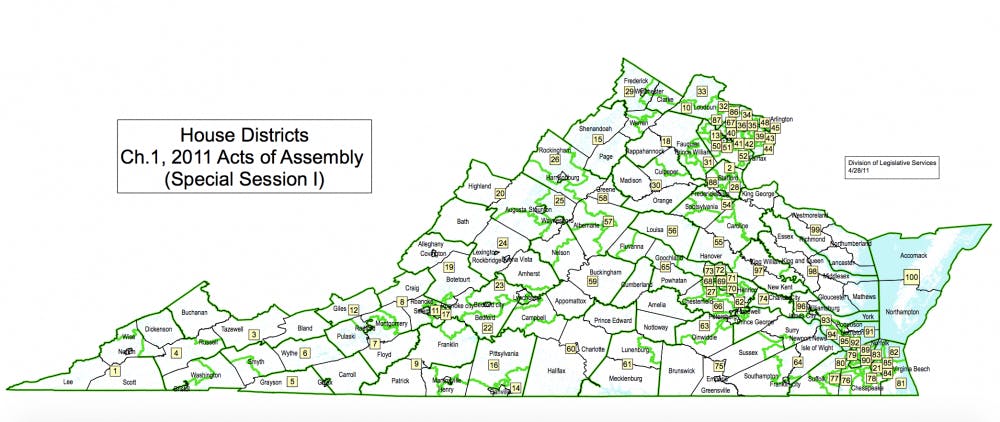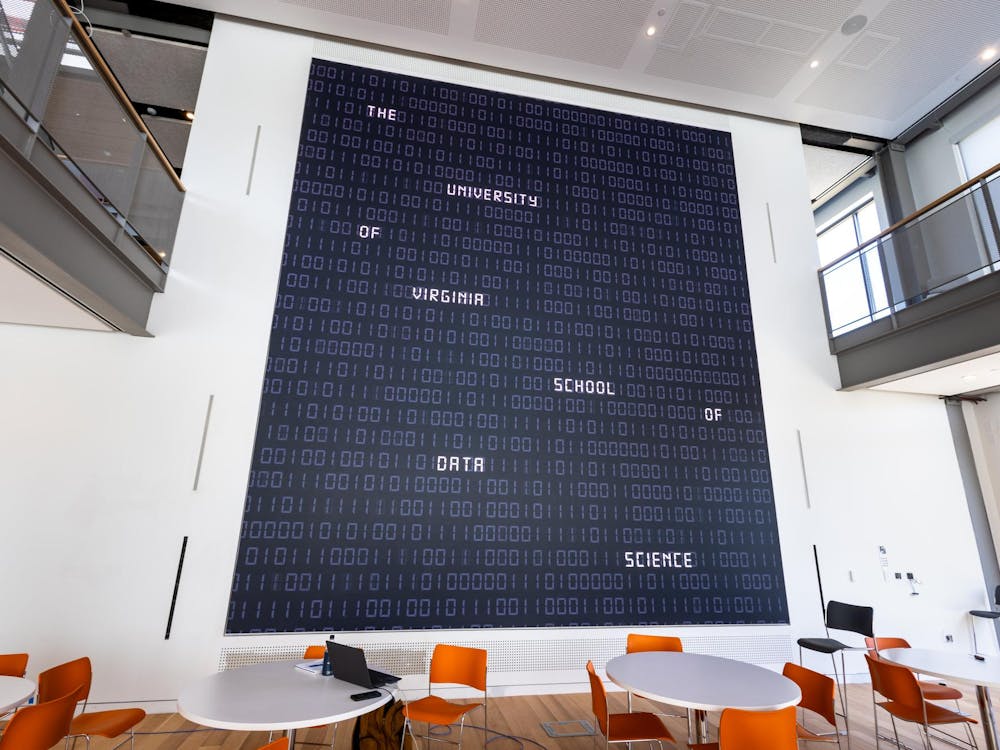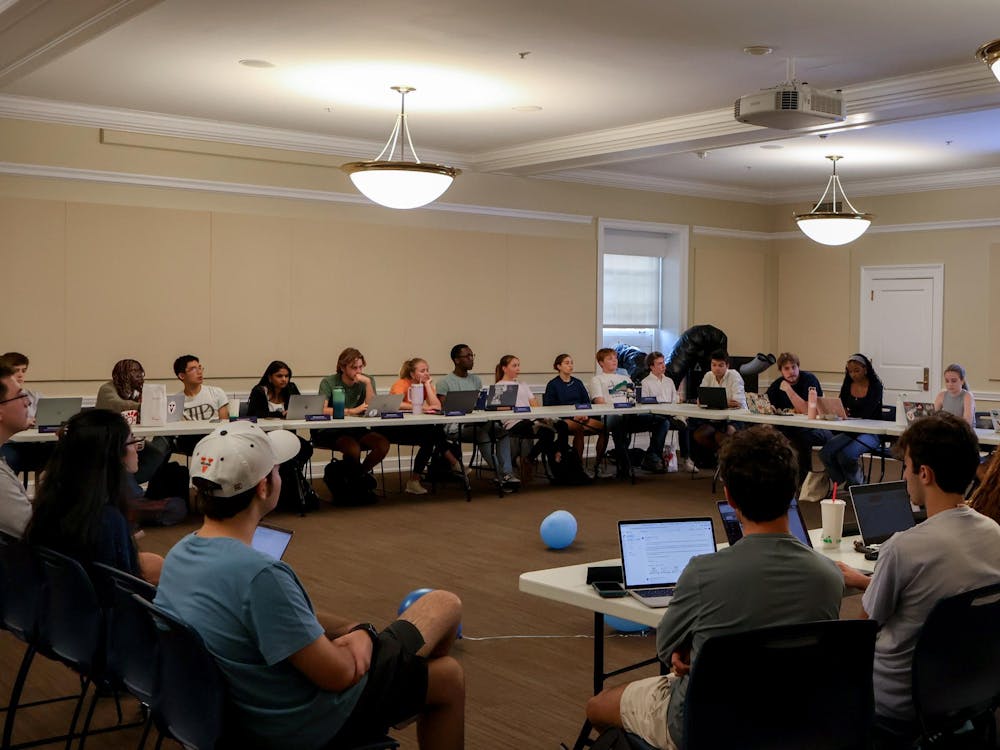The Virginia General Assembly convened for a special session Aug. 30 to consider a House Democratic proposal to redraw 29 Virginia House districts. The proposal comes after the U.S. District Court for the Eastern District of Virginia ruled in June that the state used race in determining state legislative districts, a violation of the Voting Rights Act.
When the state legislature drew new districts following the 2010 census, Republican legislators intentionally consolidated predominantly African American communities into their own districts in order to dilute their voting power, the court ruled. These districts primarily lie in Richmond, Hampton and Norfolk.
“Overwhelming evidence in this case shows that, contrary to . . . constitutional mandate, the state has sorted voters into districts based on the color of their skin,” Judge Barbara Milano Keenan wrote in the case.
This practice — called gerrymandering — is a nationally-occurring phenomenon wherein the party with control of the legislature draws districts to maintain power, frequently by curbing the electoral efficacy of racial minorities. The practice is being litigated in courts throughout the nation, including the U.S. Supreme Court.
The June district court ruling gave the Commonwealth of Virginia until Oct. 30 to propose an alternative. Virginia Republicans, who currently control the House of Delegates, requested an extension of the October deadline and plan to appeal the decision to the U.S. Supreme Court.
Brian Cannon, Executive Director of OneVirginia2021, a group advocating for a non-partisan, independent redistricting process in Virginia, said the special legislative session was a “missed opportunity” to use a nonpartisan process to find a solution for Virginians affected by unconstitutional district lines.
“The problem in this isn’t the politics of it, it’s the communities that have been disenfranchised and underrepresented for now the better part of a decade,” Cannon said in an interview.
Republicans fear the plan will threaten their one-seat majority in the House of Delegates, where all 100 seats are up for re-election next November. The Democrats’ proposal places four Republican delegates in the same districts and decreases the number of split precincts.
"We saw House Democrats introduce a map that goes to great lengths to protect four of their vulnerable members, it goes to great lengths to significantly weaken five incumbent Republicans,” Del. C. Todd Gilbert (R-Shenandoah) said in a statement.
Asst. Public Policy Prof. Sally Hudson said the House Democrats’ proposal is also an attempt to lay the groundwork for future redistricting reform — including possibly establishing a state constitutional amendment to task an independent commission with drawing districts if they win a majority next year.
“The Democrats aren’t just trying to draw a new map this time around that solves that particular problem in those 11 districts,” Hudson said. “They’re also thinking about the political long game of how do we set up the discussion about the constitutional amendment for the next legislative session.”
Hudson said the proposal is an opportunity for Republicans to show they can cooperate with Democrats on redistricting reform so Democrats won’t redraw districts unfairly against Republicans if they take back the House.
“A feasible political strategy here [for Democrats] would be to spook the Republicans,” Hudson said. “If you don’t come to the table in a fair negotiation for this constitutional amendment, this is what you’re going to be staring down.”
Robert Andrews, a fourth-year College student and College Republicans chairman, said Republicans should reject the Democrats’ proposal, which he said they offered for their own political advantage.
“The recent proposal suggests that Virginia Democrats are laying the groundwork to take complete control of the General Assembly far beyond the 2019 elections,” Andrews wrote in an email statement. “It is up to Republican leadership to ensure this does not happen and that any new set of district maps be developed on a bipartisan basis.”
Virginia House Republicans have not yet released a proposal to redraw the districts the court found unconstitutional. Joseph Dennie, a third-year College student and University Democrats communications director, said the proposal is the best option current available and Republicans have not offered an alternative.
“In general we are going to be in favor of this map especially compared to what’s currently in place,” Dennie said. “Last week at the special legislative session, House Republicans were very critical of it but aren’t actually doing anything to remedy the situation.”







